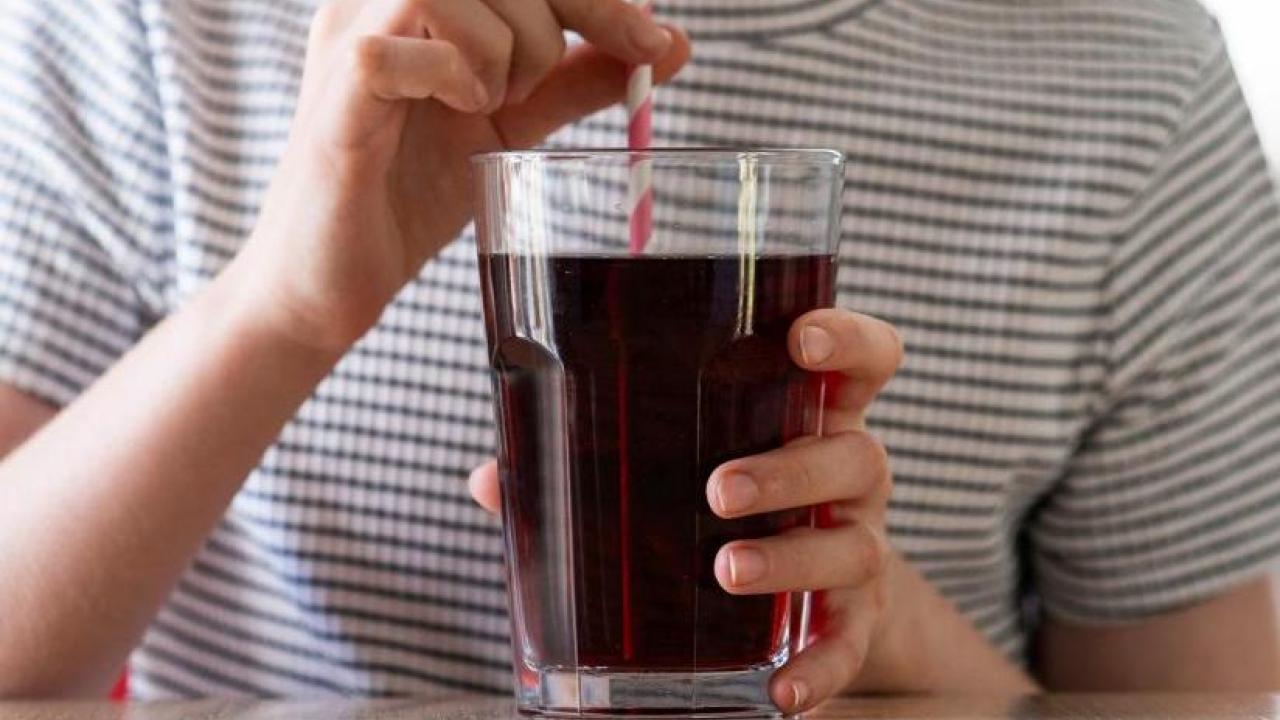
Guidelines to Lower Intake of Added Sugar are Necessary and Justified
Comment article in Nature Reviews Cardiology
by Kimber Stanhope, research nutritional biologist, UC Davis School of Veterinary Medicine
The lowering of dietary recommendations for the consumption of free or added sugar from 25% to 10% of daily calories has been criticized as being based on low-quality scientific evidence, ill-informed opinions and over-extrapolation of results from studies on sugar-sweetened beverages. This Comment rebuts these criticisms.
In 2015, the US Dietary Guidelines changed the recom mended upper limit for the intake of added sugar from 25% of daily energy to <10% of daily energy. This change, and the similar WHO recommendation to reduce the dietary intake of free sugar, has been1 and continues to be criticized for being enacted on the basis of inadequate scientific evidence2,3.
In 2017, Erickson et al. used the GRADE (Grading of Recommendations Assessment, Development and Evaluation) method to assess the quality of research articles supporting guideline recommendations to lower the consumption of added sugar. GRADE is a transparent framework for developing and presenting sum maries of evidence and provides a systematic approach for making clinical practice recommendations. The researchers concluded that the quality of the evidence available to link sugar with health outcomes was generally rated as low to very low and that guidelines on dietary sugar did not meet the criteria for trustworthy recommendations.
They stated that public health officials and their public audience should be aware of these limitations. Although using a standardized assessment procedure to assess the quality of the studies supporting the guidelines can help to minimize the errors, variability and bias that can affect such an assessment, GRADE was developed specifically for studies in clinical medicine. Therefore, GRADE downgrades studies that measure indirect markers (such as LDLcholesterol level) rather than direct outcomes (such as the incidence of cardiovascular disease events). Given that conducting a randomized controlled trial (RCT) with the intent to determine whether a dietary intervention causes dis ease would not be ethical, the evidence from nutritional RCTs is automatically downgraded. GRADE also down grades nutritional RCTs for the confounding influence of other dietary components, the lack of biomarkers that assess dietary compliance and for being short term (<6 months). Therefore, an RCT testing the effects of excessive added (or free) sugar consumption would be unlikely to achieve a strong evidence rating when assessed by GRADE.
